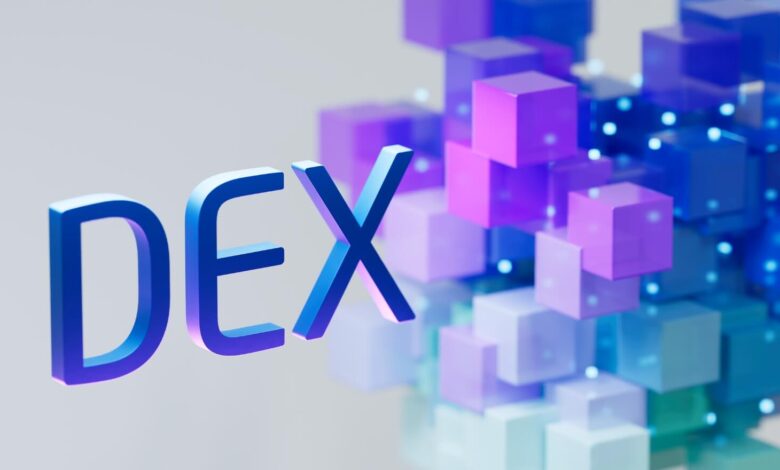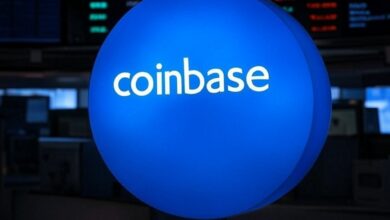Decentralized Crypto Exchanges Face Challenges as Traditional Players Enter the Market

Decentralized crypto exchanges, which operate without intermediaries like Wall Street-style middlemen, are facing challenges to improve their services amid a decline in market share, according to a report by BNN Bloomberg. These platforms, known as decentralized exchanges (DEXs), facilitate trading through blockchain-based smart contracts, allowing users to maintain custody of their tokens without relying on intermediary institutions.
After the collapse of the centralized FTX exchange in November, many crypto enthusiasts predicted a golden period for peer-to-peer trading venues like Uniswap and dYdX. This event undermined trust in centralized platforms that take control of tokens. However, the anticipated surge in decentralized exchange activity hasn’t materialized. According to Kaiko data, monthly spot trading volumes on DEXs fell by 76% to $21 billion by June this year, while their centralized rivals experienced a 69% drop to $429 billion. The market share of peer-to-peer digital-asset platforms also decreased from a peak of 7% in March 2023 to 5%.
Decentralized platforms appeal to crypto enthusiasts who prefer to avoid the traditional financial intermediary model. However, they often face challenges such as complex user interfaces, slower speeds, and lower liquidity compared to established centralized platforms like Binance and Coinbase.
Efforts are being made to improve DEX services, including Uniswap’s recent new protocol that aims to enhance prices for clients by aggregating various digital-asset liquidity sources. Despite some progress, decentralized exchanges pose compliance difficulties as they remain unregulated, hindering institutional investor participation.
While DEXs have struggled with volumes, monthly active users have steadily increased since 2020, reaching over 1 million for most of this year. This growth may reflect concerns about centralized platforms’ future following FTX’s bankruptcy and allegations of massive fraud, leading to increased scrutiny from regulators.
As traditional financial firms see opportunities in the crypto market, the entry of big players like EDX Markets, backed by Citadel Securities, Fidelity Digital Assets, and Charles Schwab Corp., is expected to bring more liquidity to the digital-asset ecosystem. This may initially benefit centralized-exchange volumes but could eventually lead to increased demand for crypto and greater volumes across decentralized exchanges.
However, despite the potential challenges, proponents of DEXs believe that their designs will continue to improve over time, and the platforms still have significant room for growth. The increasing interest in countering custody and counterparty risks may lead more investors toward decentralized routes. Nevertheless, the competition with traditional finance players seeking crypto opportunities may pose new challenges for DEXs in expanding their user base in the future.





